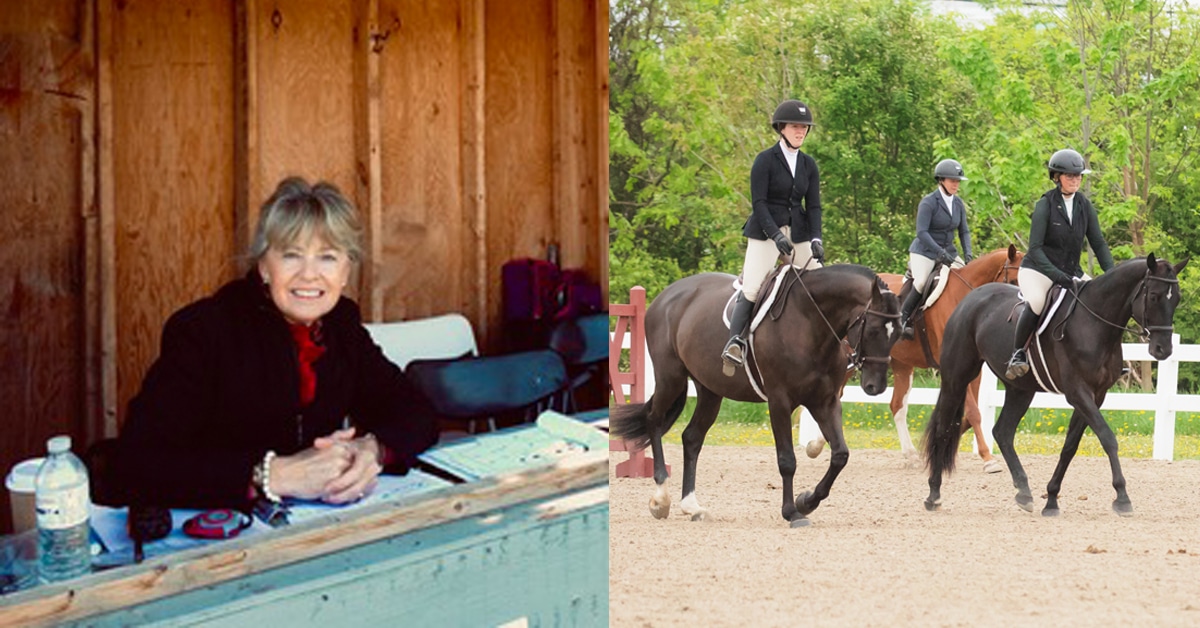Burr was the “Person Responsible” for the horse Urico during the Olympic Selection Trials and National Championship last March in Wellington, Florida. Urico was selected for anti-doping control there and Burr was suspended for two years after a trace amount of cocaine was found in Urico’s sample. In November 2012, the Federation lifted Burr’s suspension.
This case highlights the importance of the role of those “persons responsible” for the care of horses, primarily the trainers. The Federation uses a zero tolerance policy for cocaine. If a horse tests positive, the burden is placed on the trainer (PR) to prove affirmatively (1) how the forbidden substance found its way into the horse and (2) the manner of administration was not attributable to any fault of the trainer. This is a very heavy burden.
In 2000, there was a similar case in which the American Horse Show Association suspended a trainer and rider when the test results reflected a small amount of cocaine. The AHSA ruling was overturned in an arbitration hearing that had been requested under the Ted Stevens Olympic & Amateur Sports Act. One of the quotes in the arbitration panel’s ruling referred to a study that was done back in 1995 by the National Institutes of Health, which found that 79% of dollar bills in several cities in the U.S. were contaminated with cocaine. The testing of commercial pilots, as well as the Federal Rules Guidelines for testing of employees, does not have a zero tolerance level because those entities acknowledge that the presence of trace amounts of cocaine is found in the environment.
I have been involved in cases when horses were tested positive for a banned substance and the trainer could not meet the heavy burdens of proof. The owner in these situations was only penalized with a minimal charge and by having to forfeit prize money. In certain circumstances, the trainer who signs the entry application at the horse show does not deal with the day-to-day overseeing of the horse, which puts them in a “Catch 22” situation because they really are not involved in the stabling or the care of the horse.
In the Bruce Burr case, the USEF went further in the penalty phase, leveling a two-year suspension, mainly because they were following the FEI position. When, in November, the FEI relaxed the requirement that NFs apply exactly the same sanction as required under FEI rules, the USEF made a determination to revoke Bruce Burr’s suspension under the current rules of the USEF. The USEF does not require the person responsible to show deliberate doping of the horse. The USEF simply looks at the fact that the horse tested positive for a banned substance.
In a case of an automobile accident, the scene is photographed, measurements are taken, and evidence is secured. In the case of a horse that is tested at a horse show, the results of those tests are not determined for several days. Upon notification, it is very hard for a trainer, or trainer’s counsel, to go back and review all the conditions that were in play at the time the horse tested positive. A horse can test positive and have a mere trace of cocaine in its system resulting from its care-taker’s possessing or having cocaine on their hands. There have been arguments made that someone who has ingested cocaine and urinated on hay or straw or feed could transmit the substance into the system of a horse that consumed it.
As the rules are presently written by the USEF, a trainer must control the circumstances, be aware of their employees’ habits, and confirm that they do not possess or use cocaine. They must randomly run tests in regard to hay, bedding, and feed, and other materials that are ingested by the horse, simply to implement these procedures. This is really not realistic. For the rules to be effective, there has to be a reasonable standard in regard to levels of cocaine contained in a urine sample.
The reversal of the suspension of Bruce Burr was warranted in light of the levels of cocaine reported and the circumstances surrounding the incident. Going forward, the USEF should consider allowing a petitioner to bring forth substantial evidence to rebut the charges. Even if they do not know how the cocaine entered the horse’s system, if the PR is able to prove it wasn’t their fault and, that the level of cocaine detected is below the amount found naturally in the environment, then they should not be sanctioned.
The Latest










